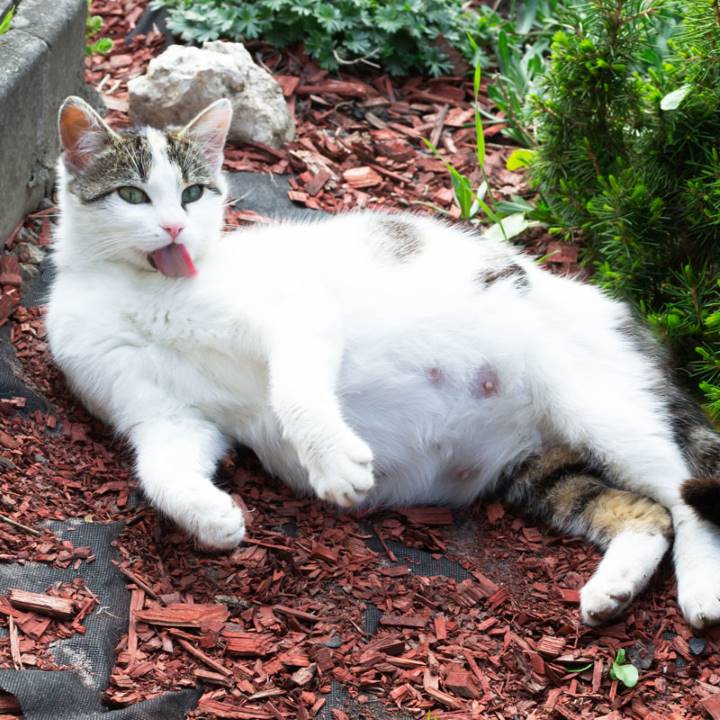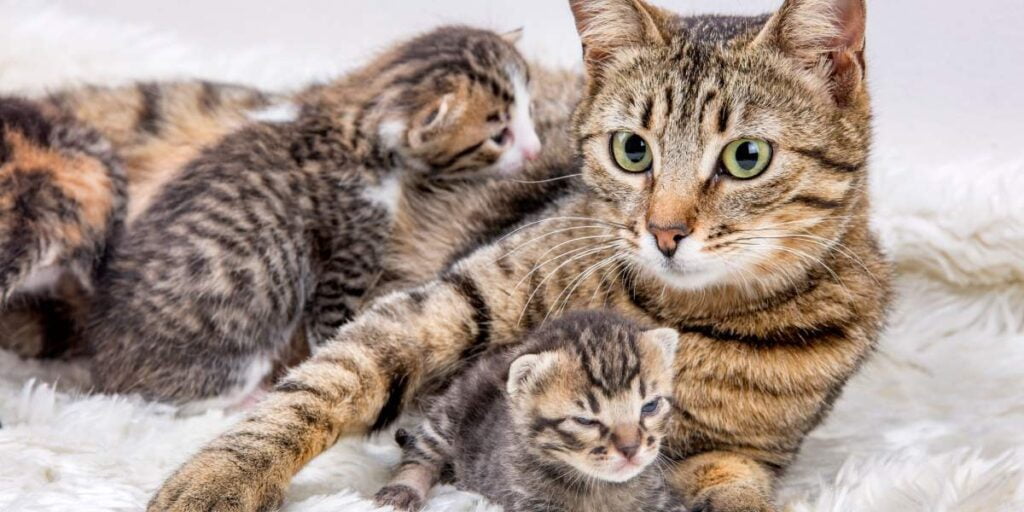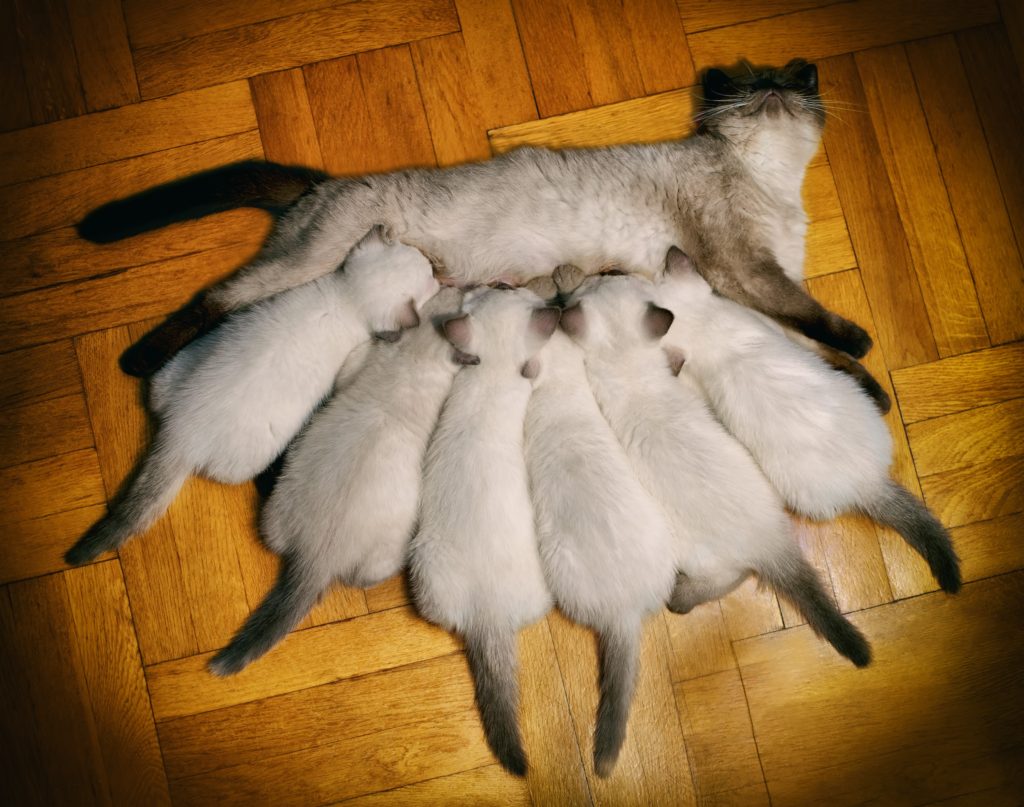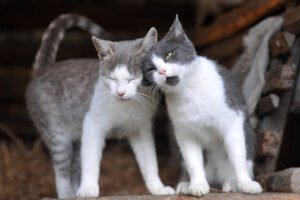Why does my Cat Kill her Kittens only to get Pregnant Again?

Did you know, that it is not uncommon for some cats to kill their kittens after birth. While this may sound like a horrific act, it is actually a natural instinct that has been present in felines for thousands of years. However, what is more perplexing is the fact that a mother cat would kill her kittens only to get pregnant again shortly after.
This leaves many cat owners wondering why their feline friends would engage in such behavior. In this article, we will explore why cats exhibit this seemingly cruel behavior, and how to prevent it.
Understanding the Nature of Cats
Cats have been domesticated for centuries, but they are still wild at heart. Unlike dogs, which have evolved to rely on humans for survival, cats are still very much self-sufficient creatures. This means that they are more likely to follow their natural instincts, even if it means killing their own offspring. In the wild, this behavior is actually beneficial because it allows the mother cat to conserve her resources and focus on raising the strongest and healthiest offspring.
Possible Causes of Infanticide in Cats
While infanticide is a natural instinct in cats, it can also be triggered by a number of external factors. Here are some of the most common causes of infanticide in cats:
- Lack of Maternal Instincts: Some mother cats lack the maternal instincts necessary to care for their offspring. This can be due to inexperience or a hormonal imbalance.
- Stress: Stress can cause a cat to become anxious or aggressive, which can lead to infanticide.
- Illness: A sick cat may not have the strength or energy to care for her kittens. She may resort to killing them to conserve her resources. This can also happen if she lacks immediate food, and cannot afford to hunt or scavenge due to illness.
- Overcrowding: A cat that is forced to share a small space with too many kittens may become overwhelmed and feel the need to cull her litter.
- Lack of Resources: A mother cat may kill her kittens if she feels that she does not have enough resources to care for them properly.

The Aftermath of Infanticide
After a mother cat has killed her kittens, she may display a range of behaviors. Some cats will become depressed and lethargic, while others may act as if nothing has happened. This may require to take measures to cheer up the mother cat.
In some cases, a mother cat may even try to care for her dead kittens. This can be a difficult situation for the owner to manage. The owner should remove the deceased kitten from the mother cat’s reach to prevent any potential health hazards. The mother cat should be given extra care and attention to ensure she is coping well with the loss. Disposing of the kitten properly is also important. Leaving it out in the open will cause the spread of diseases, which could be fatal for its siblings.
Connecting Infanticide with the Mother cat’s pregnancy
In addition to the reasons we mentioned earlier for why a mother cat might kill her own kittens, there is another possible explanation: the desire to become pregnant again.
This behavior is more commonly observed in feral cats or those that have not been spayed. When a female cat is in heat, she may mate with multiple males, which increases the chances of fertilization. However, if she already has a litter of kittens, the male cats may see them as competition and kill them to increase their chances of mating with the mother cat.
In some cases, the mother cat may also kill her kittens to bring herself back into heat, allowing her to mate with more males and increase the chances of successful fertilization.
It is important to note that this behavior is not common in domesticated cats, as they are usually spayed or neutered to prevent unwanted litters. However, if you have an unspayed cat and suspect that she may be pregnant, it is important to monitor her behavior closely and provide her with a safe and comfortable environment for giving birth and raising her kittens.

Preventing Infanticide in Cats
Preventing a mother cat from killing her own kittens can be difficult. You can’t always be monitoring her, and separating the kittens from the mother is not an option either. Not unless your cat has a history of killing its own kittens.
Nonetheless, there are some steps that owners can take to reduce the risk. Here are a few suggestions:
- Provide Plenty of Space: Make sure that your cat has plenty of space to move around and care for her kittens.
- Provide Adequate Resources: Make sure that your cat has access to plenty of food, water, and a clean litter box.
- Monitor for Stress: Watch your cat for signs of stress, and try to minimize any potential triggers. Provide a relaxing environment for her, in a secure location. You can also use sprays and diffusers which create a relaxing and de-stressing scent for cats.
- Give Your Cat Time to Adjust: If your cat is a first-time mother, give her time to adjust to her new role. Be patient with her, monitor her interactions with kittens as much as possible. If necessary, keep them separated if the mother is an aggressive mood, or you are not there to keep an eye on them.
- Consider Spaying or Neutering: Spaying or neutering your cat can help reduce the risk of infanticide, as well as other health and behavioral problems.
- Permanent Separation: As a last resort, the best option may be to permanently separate the kittens from the mother cat through adoption or other means. This is particularly true if the mother has a history of killing her own kittens or if the owner is not able to monitor the mother cat and kittens consistently.
Conclusion
In conclusion, while it may seem cruel and unusual, infanticide is a natural instinct in cats that has evolved over thousands of years. There are a number of external factors that can trigger infanticide, including stress, illness, and overcrowding. However, by providing your cat with plenty of space, resources, and monitoring for stress, you can help reducing the risk of infanticide.


